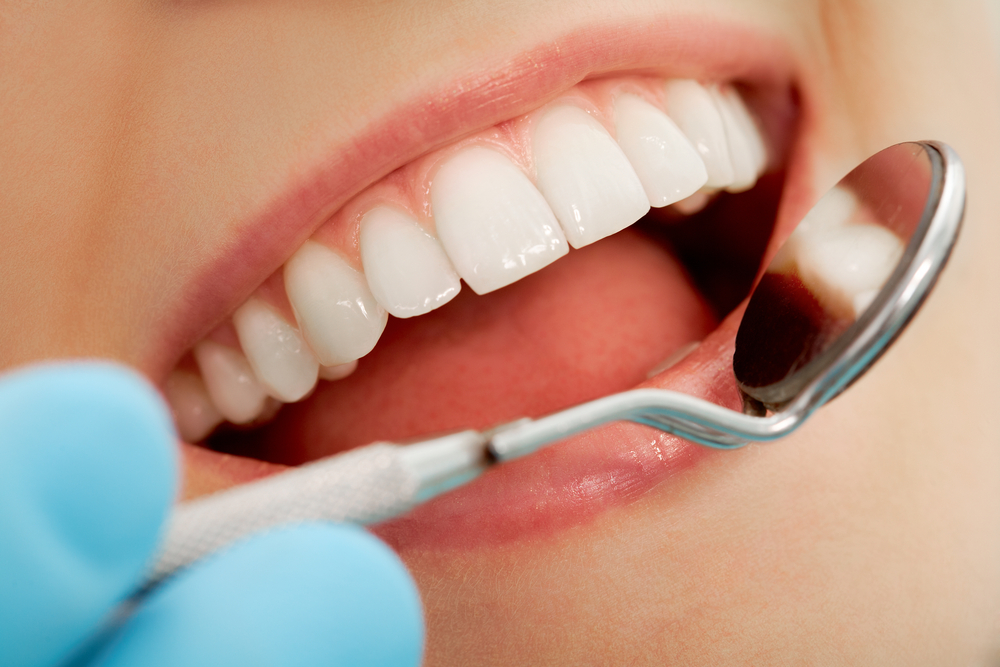
Good oral hygiene is crucial to maintain your teeth and gums’ health. Besides, oral health entails more than cavities and gum conditions. Research indicates that there is a link between a person’s general health and their mouth. Oral health issues are a global problem, according to experts. Without treatment, gum issues or tooth decay can lead to tooth loss, pain, and self-confidence problems. Fortunately, a person can prevent these issues through proper dental care. The following are some of the best habits to keep your teeth and gums healthy.
Brushing Teeth Regularly but Not Aggressively
A person can keep their teeth and gums healthy by brushing twice a day and using dental floss. This helps in keeping the teeth clean and removing bacteria and plaque. However, effective brushing involves the use of the proper techniques. A person should brush their teeth using small circular motions, maintaining the top, back, and front of every tooth. This process should last for two to three minutes. Using hard-bristled toothbrushes or aggressive brushing can damage tooth enamel and gums. This may cause tooth sensitivity, gum erosion, or permanent damage to the teeth’ protective enamel.
Visit a Dentist Regularly
Dentists may diagnose and treat oral health conditions before they worsen. According to experts, a person should visit a dentist after every six months for a check-up. During these frequent dental examinations, a hygienist cleans the teeth and removes hardened tartar and plaque. Dentists such as Central Texas Periodontics also examine any visual cavity signs, mouth cancer, gum disease, and other oral health conditions. Dental x-rays may also be used to check for cavities sometimes.
Avoid Smoking
Smoking destroys the body’s immune system. This makes it hard for the body to heal tissues, including mouth tissues. According to experts, smokers are prone to gum conditions, and they may also face slow healing after a dental procedure. Some dental procedures include all on 4 dental implants. Smoking also affects the mouth’s appearance, leading to yellowish teeth and tongue.
Limit Sugary Foods and Starches
Sugar consumption may cause cavities. Research also emphasizes the significant role played by sugar in advanced dental outcomes. Major sugary foods include desserts and candy. However, processed foods also have added sugar. According to WHO, people should limit their sugar intake to below ten percent of their daily calories. According to experts, starchy foods like bread, pasta, and crackers can cause tooth decay. Rather than starchy and sugary foods, people should consume more fiber-rich vegetables and fruits, and dairy products without added sugar to improve their dental health.
Drink Water Instead of Sugary Drinks
Sugar-sweetened beverages are a common source of added sugars in many people’s typical diets. Drinking juice, soda, or other sugary drinks can increase cavity risks. Drinking water or unsweetened tea throughout the day and limiting consumption of sugar-sweetened products can reduce the risks of cavities.
Practicing good dental health care from childhood to adulthood can keep teeth and gums healthy. This can help a person avoid gum …
